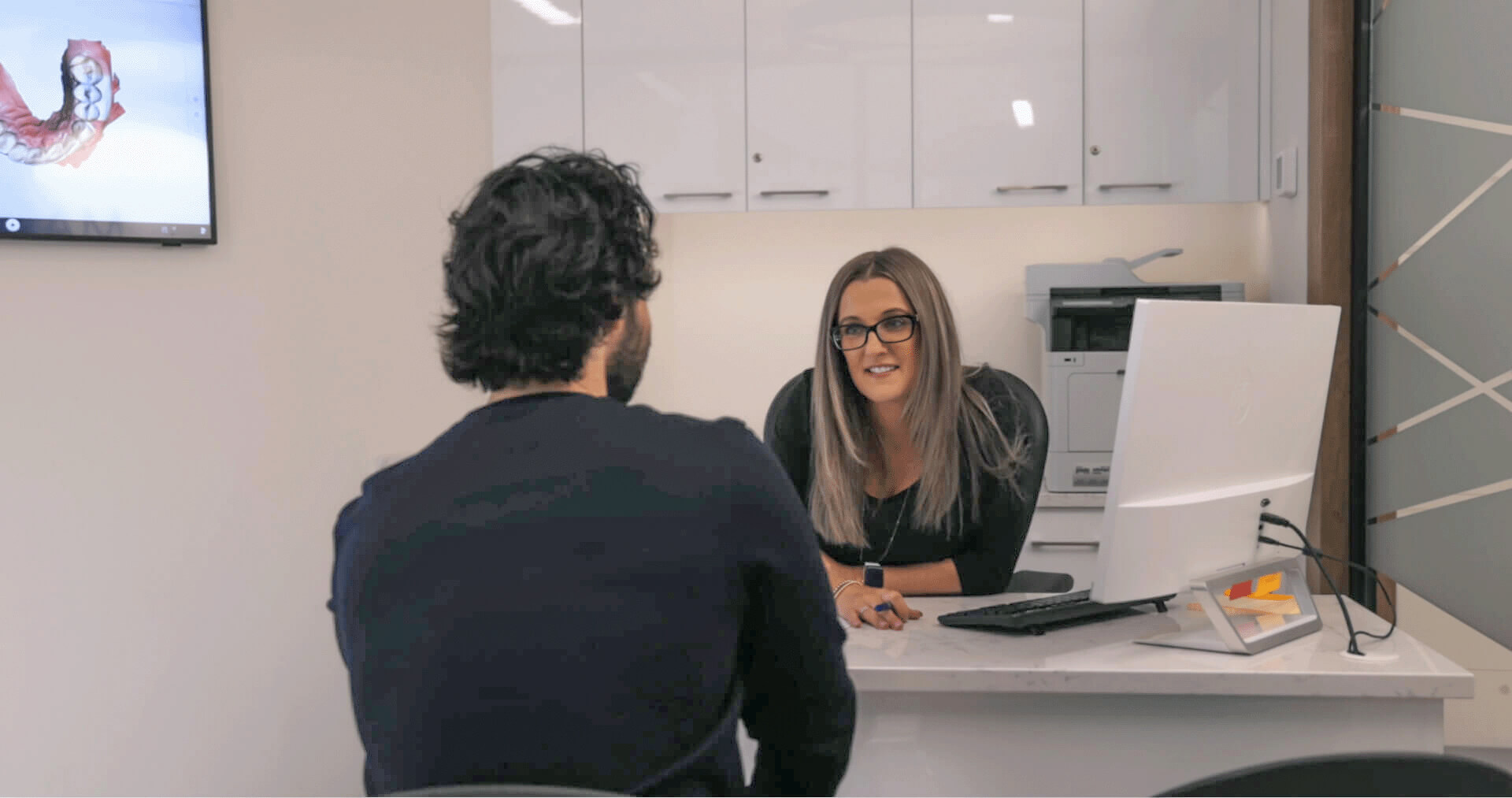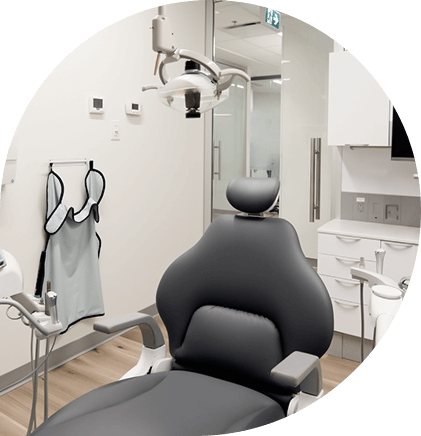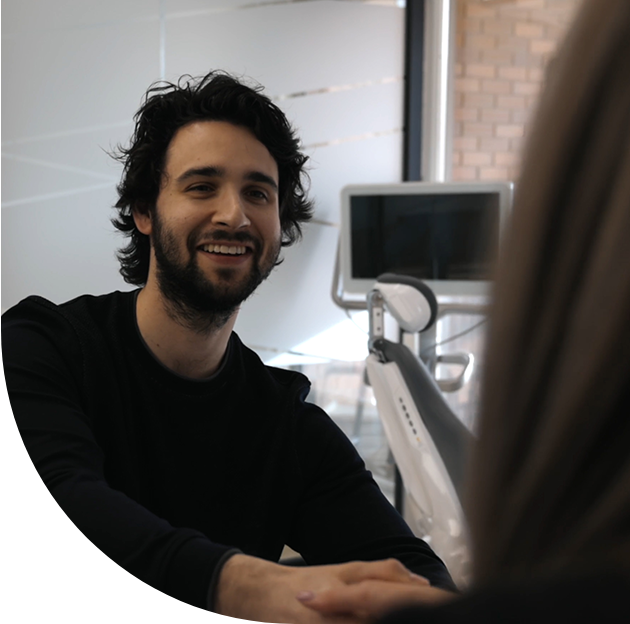
You might have heard the term ‘sleep apnea’ before if you have had family members or friends affected by this condition. The term apnea refers to an interruption in breath, so sleep apnea refers to breathing interruptions that occur while you are sleeping. Sleep apnea can take a while to diagnose, particularly if you do not sleep with a partner. Since it occurs while you sleep, you may not realize that it is happening in the absence of a partner complaining of your snoring or long pauses between breaths. So, what signs should we look for to evaluate whether we may be suffering from this condition?
If you wake up in the morning exhausted despite many hours of sleep, you can quickly start to feel the implications that disrupted sleep has on your life. You may feel headachy when waking up and never feel like you recover from the cognitive fog that stems from your chronic interrupted sleep. Your ability to regulate emotions, make decisions and react quickly will be decreased due to insufficient rest, and you can be at increased risk for high blood pressure, diabetes and stroke. Science has found an additional correlation between sleep apnea and Alzheimer’s disease. When the brain gets insufficient rest cycles, it can begin to build up amyloid proteins which are correlated with the eventual onset of Alzheimer’s.
Chronic lack of sleep can have negative effects on the metabolism resulting in weight gain, and mood disorders which are both more common in patients who suffer from interrupted sleep as in sleep apnea.
Although you will require a sleep study to confirm it, the reality is that although sleep apnea may not be waking you to full consciousness through the night, the body’s interrupted breathing patterns put stress on the system and result in irregular sleep cycles and lack of deep or REM sleep.
Sleep apnea can take two forms – central or obstructive. Obstructive sleep apnea occurs when the muscles and soft tissues in your throat collapse during sleep, blocking air from entering the lungs. Central sleep apnea does not involve a physical blockage of the airway, rather it stems from a lack of communication between the brain and the central nervous system where the signal to draw breath is not sent.
In order to determine whether you have sleep apnea or if another concern is causing your fatigued state, your doctor will likely order a sleep study to be performed. Some sleep studies can be done at home by wearing a monitor while you sleep while others require you to sleep in a clinical environment under monitoring by a sleep specialist who can watch how your body responds and behaves while you sleep.
Once your doctor has determined that you do, in fact, have sleep apnea, you will likely have several options in treating it. More costly options involve the use of a CPAP (Continuous Positive Air Pressure) machine which prevents the airway from closing by keeping air pressure flowing through it. Other options include the use of oral appliances to assist you in overcoming sleep disturbances.
Mandibular advancement devices cause the jaw to be positioned more toward the front of the mouth and has the effect of tightening the muscle tension in the throat as a result. Tongue retaining devices may also be used to keep the tongue held firmly in the lower jaw and can be made to be adjustable as needs change.
Oral appliances can retrain the muscles associated with apnea over time and may even correct the condition with regular use.
If you are concerned that you might be suffering from sleep apnea, talk to your doctor or dentist. It helps to keep a journal of your perceived nightly sleep quality along with waking and resting times.
It may sound funny, but there are many ways to promote a good sleep naturally. Beginning with going to bed and waking at approximately the same time every day, make sure that your sleeping environment is as dark as possible. Any lights from digital displays should be turned off or turned away and screens should be shut off a minimum of half an hour before bed to signal to the body that it is time to prepare for sleep.
Call (780) 437-0919 to schedule an appointment with Stringham Dentistry.


We Will Get Back To You As Soon As Possible To Arrange Your Appointment. We Look Forward To Seeing You Soon!

